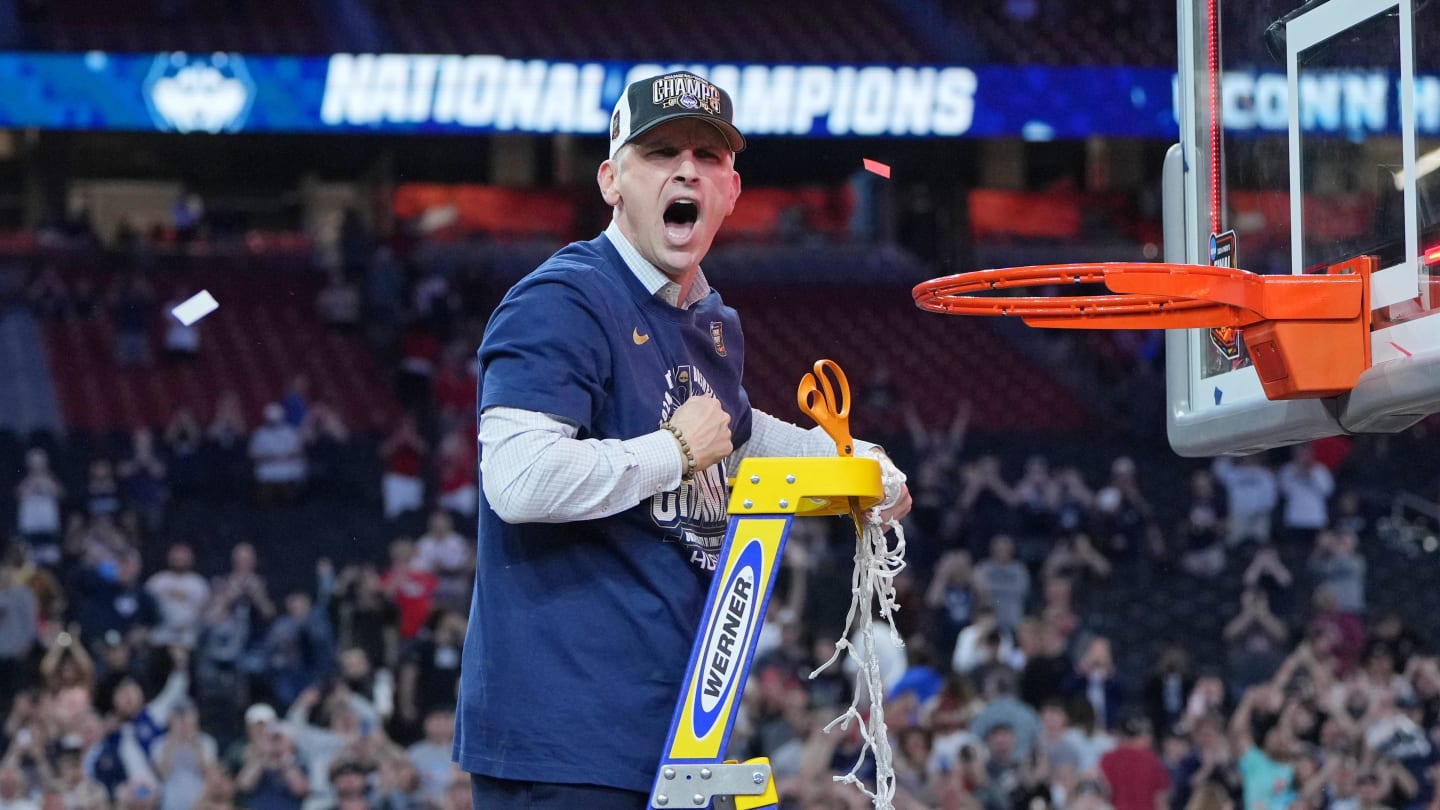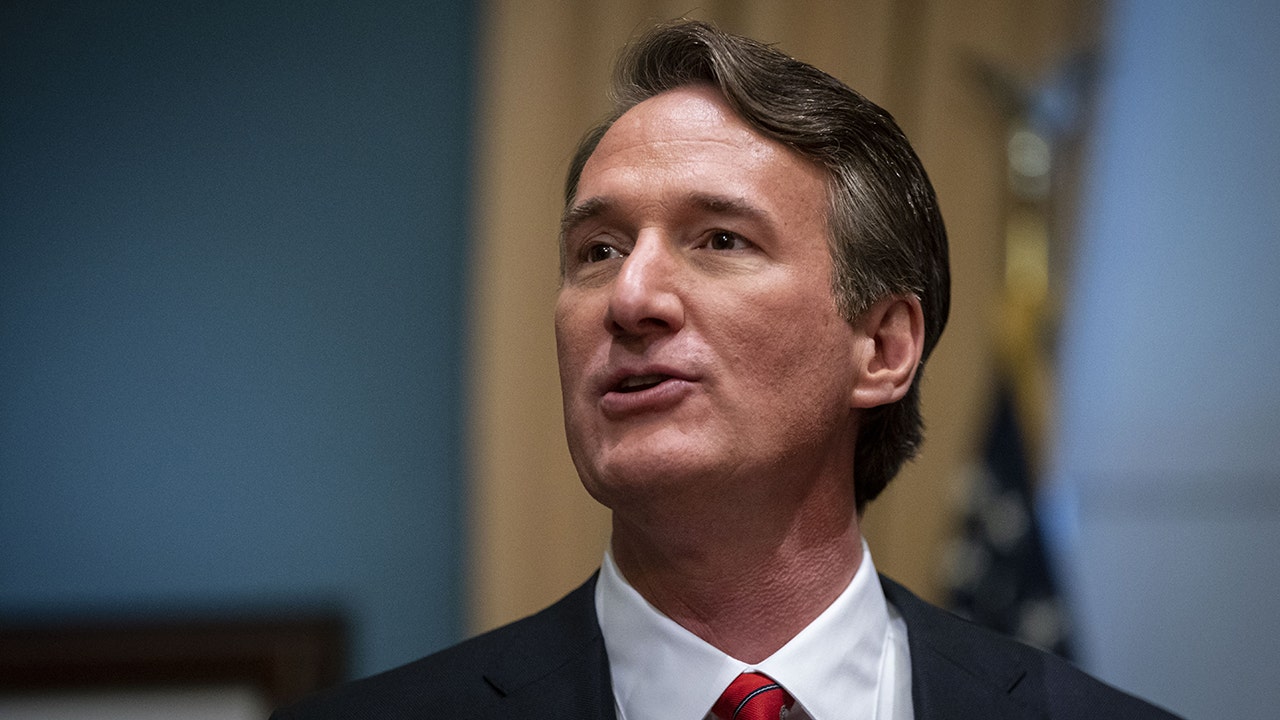Despite the potential sale of Paramount Global, controlling shareholder Shari Redstone kicked off the company’s annual investor meeting Tuesday by expressing confidence in its new management structure and hinting at more cost cuts to come.
Paramount executives declined to answer questions about its sale talks with David Ellison’s Skydance Media, which have accelerated in recent days.
Paramount’s special board committee has endorsed a deal that would give investors the option of cashing out or holding on to their shares in a bet on Ellison’s ability to rebuild the storied media giant, according to people close to the negotiations.
The Skydance deal still requires the sign-off of Redstone, who is weighing whether to sell her family’s stake in Paramount.
But because any sale is months away from completion, Paramount’s recently installed “office of the CEO” — comprising division heads George Cheeks, Brian Robbins and Chris McCarthy — mapped out a “going forward” strategy to run Paramount as a standalone entity and improve its battered balance sheet. The trio assumed the helm of Paramount in late April after the ouster of Bob Bakish, who had run the company since its merger with CBS in late 2019.
The trio unveiled a plan that centers on $500 million in cost cuts — including an undisclosed number of layoffs — selling assets, and exploring a joint venture for the company’s Paramount+ streaming service.
“We all agree that Paramount is not where we want it to be,” McCarthy said in prepared remarks.
“Given the strength of our assets, our people and our long-term competitive advantage of making some of the biggest and broadest hits, we know that there is significant value to be unlocked,” McCarthy said.
Shares fell about 3% to $12.34 in Tuesday midday trading. On Monday, the stock got a boost following news that a deal with Ellison’s Skydance, which is joined by RedBird Capital Partners and private equity firm KKR, was within reach.
Paramount has stumbled in recent years.
Once a colossus of the entertainment industry, the Redstone family-controlled enterprise has fallen behind its traditional rivals, including Walt Disney Co. and Comcast, as well as upstart tech companies including Amazon and Netflix.
Years of underinvestment, mismanagement, titanic shifts in audience behavior, the COVID-19 pandemic and a costly push into streaming have diminished its standing. Its once vibrant cable channels, including Comedy Central, MTV and Nickelodeon, have dimmed in reputation and ratings. Exacerbating its debt issues, Bakish passed up opportunities to sell assets, including Showtime and BET.
Last year’s strikes by the Writers Guild of America and SAG-AFTRA slowed the content pipeline.
S&P Global downgraded Paramount’s credit to “junk” status earlier this year. Investor Warren Buffett bolted, selling shares at a loss. Last month, he acknowledged that buying 63 million shares of Paramount stock was a mistake.
During Paramount’s 44-minute shareholder meeting, several investor proposals, including measures to provide clarity on the use of artificial intelligence and restrictions on golden parachutes for key executives, were rejected.
Six board members were reelected to oversee the company.
In addition to Redstone, board members Linda M. Griego, Barbara M. Byrne, Judith A. McHale, Charles E. Phillips Jr. and Susan Schuman returned for yearlong terms on the board. Four other board members stepped down.
The belt tightening comes after several waves of cost-cutting and previous asset sales, such as the jettisoning of book publishing giant Simon & Schuster and CBS real estate, including its Manhattan skyscraper and movie and television lot in Studio City.
“Our plan starts with transforming streaming, which will accelerate our path to profitability and make up for declines in our linear business,” Cheeks said during his prepared remarks.
“We’ll reduce non-content costs by streamlining our organization, allowing us to build a leaner, more nimble company that’s better positioned to win,” Cheeks said, adding the team has already “identified near-term cost reduction opportunities, with an annualized impact of $500 million” in its effort to return Paramount to investment grade status.
Despite the turmoil and the gravity of her upcoming decision over the fate of the company, Redstone signaled resolve in her brief remarks. She voiced support for the three executives who are now running the company.
McCarthy is the longtime leader of MTV Entertainment Studios and more recently, Showtime; Cheeks has been CBS’ CEO for four years; and Robbins has run both Nickelodeon and the Melrose Avenue Paramount Pictures since 2021.
“While we recognize that this is not a traditional management structure, we are confident that it will enable them to move quickly to implement best practices throughout the company and to drive improved performance,” Redstone said.
The three men “have been behind our biggest successes for years,” she said.
David Ellison, founder of Skydance Media, is hoping to buy Paramount.
(Evan Agostini / Invision / AP)
On the deal front, the sweetened Ellison proposal is the latest and third offer from Skydance and its backers.
The deal would include $4.5 billion to buy out non-voting B-class stockholders at $15 a share during a second phase of the transaction. There would also be a $1.5-billion cash infusion to shore up Paramount’s balance sheet and help reduce debt, according knowledgeable people.
Redstone was presented with details of the plan this week.
While she has long favored Ellison’s deal over a potential sale to Sony Pictures Entertainment and Apollo Global Management, she needed to sit on the sidelines while Paramount’s independent directors, led by Phillips, hashed out a deal that would also protect the interests of ordinary, non-voting shareholders.
The Skydance proposal would give the Redstone family more than $2 billion for their holding company National Amusements Inc. and its voting shares in Paramount. The infusion would allow the family to pay off National Amusements’ debts and come away with about $1.8 billion, according to a person familiar with the matter who was not authorized to comment.















